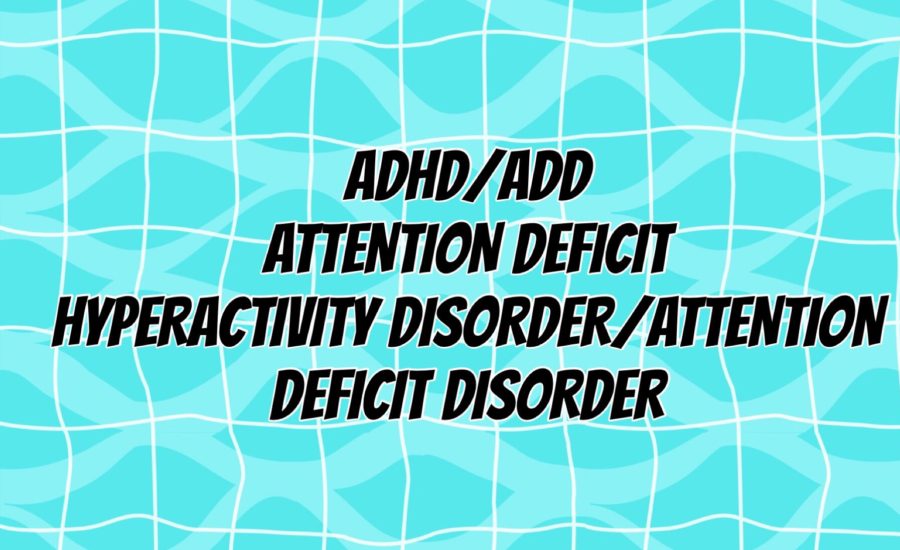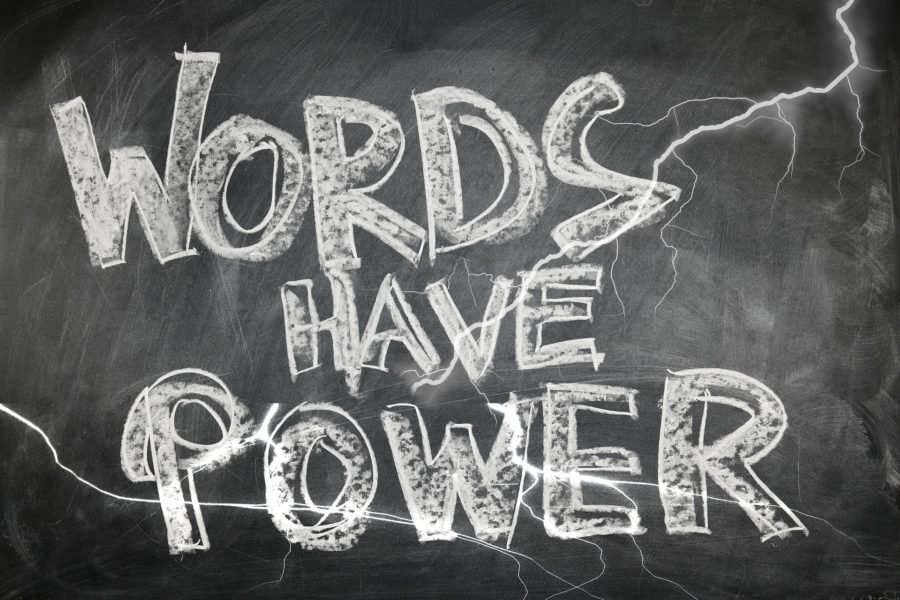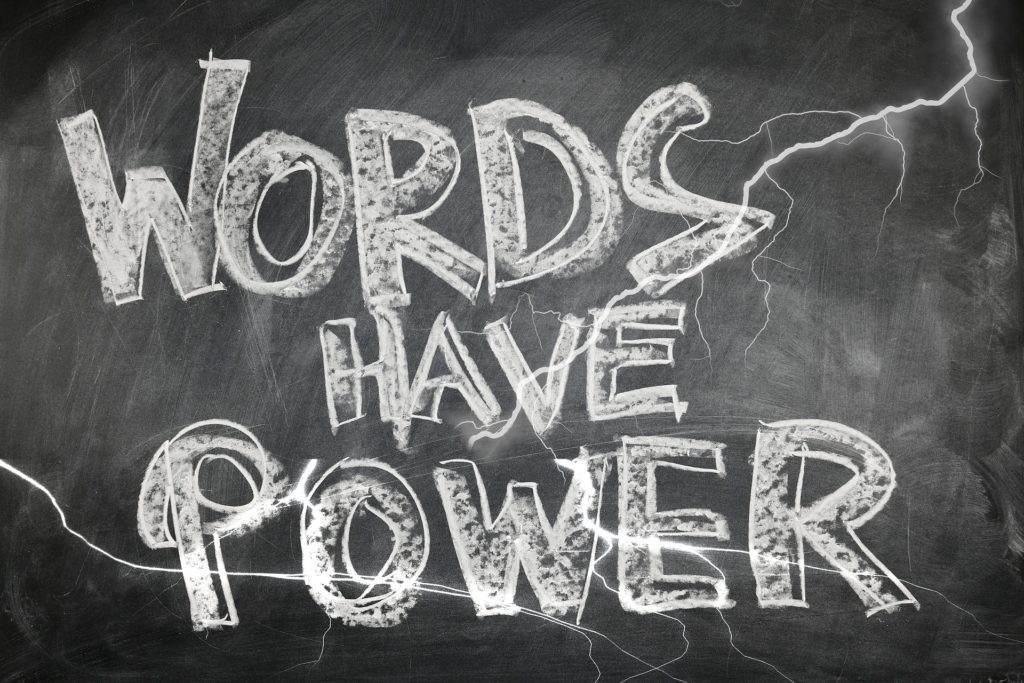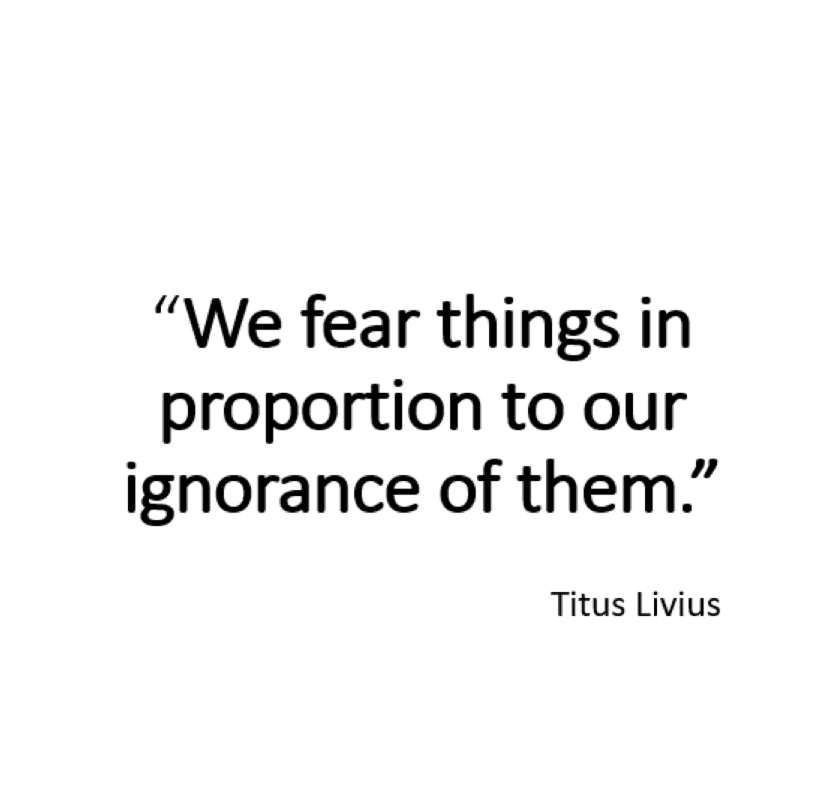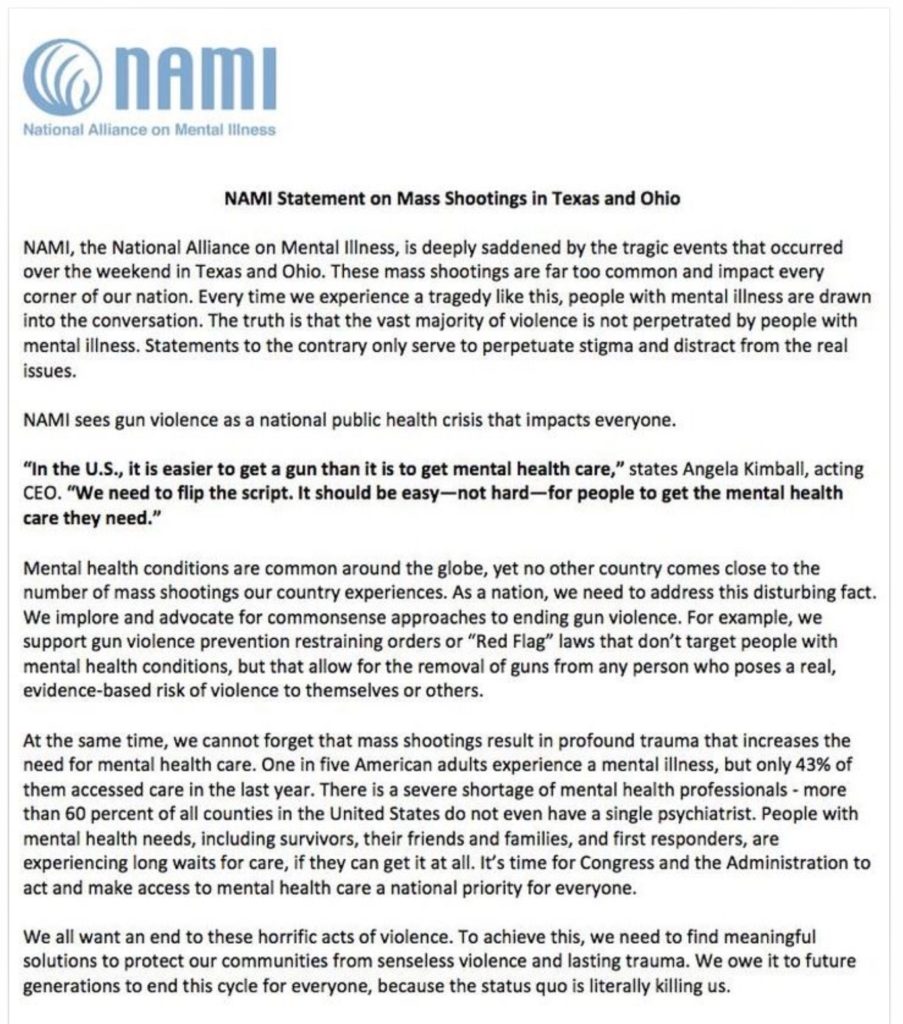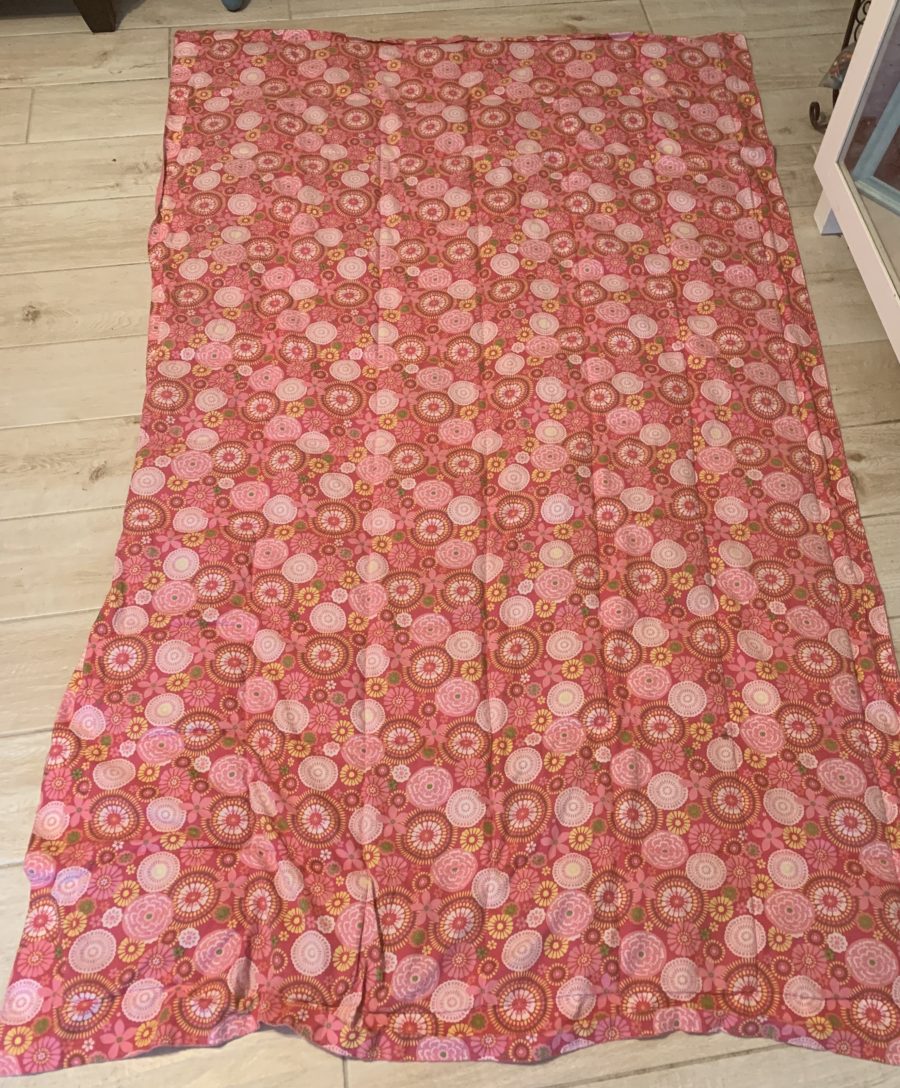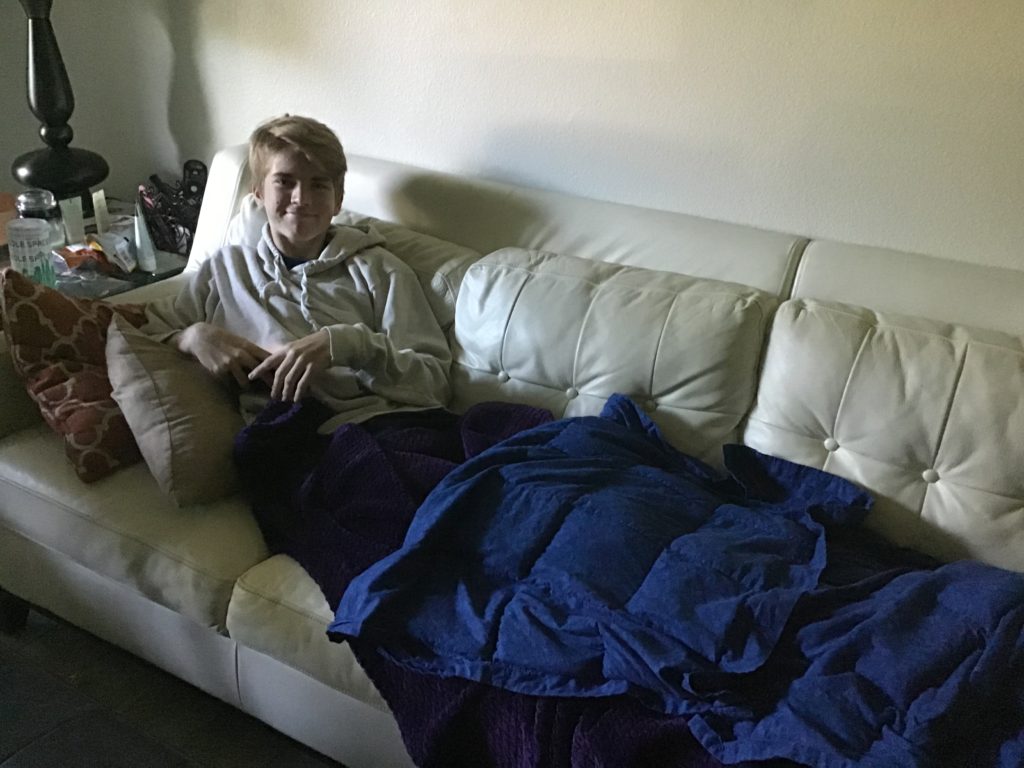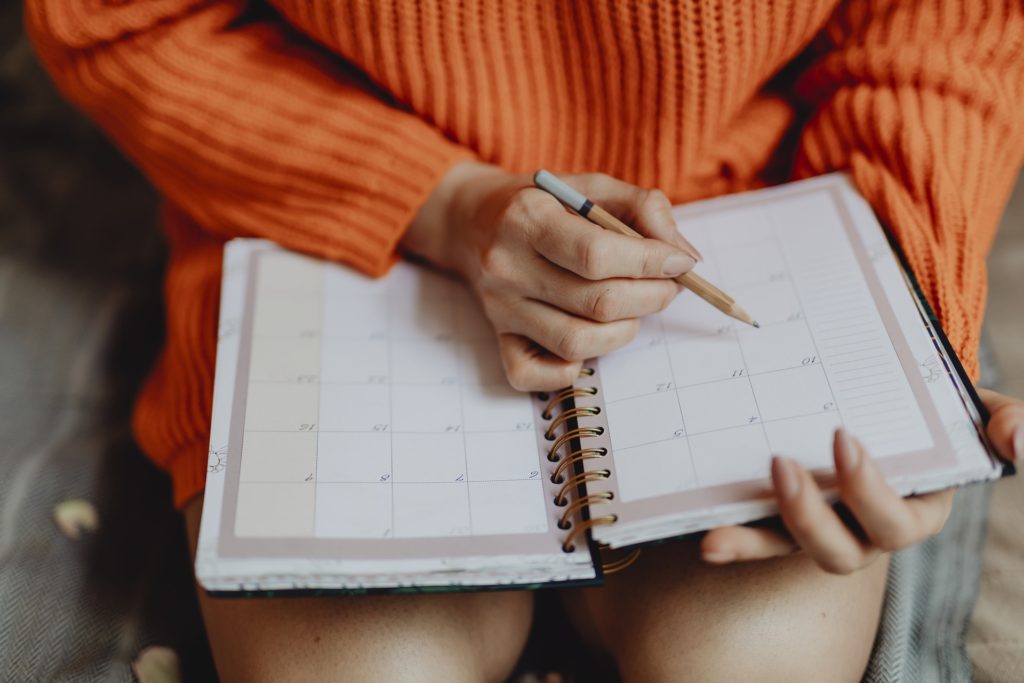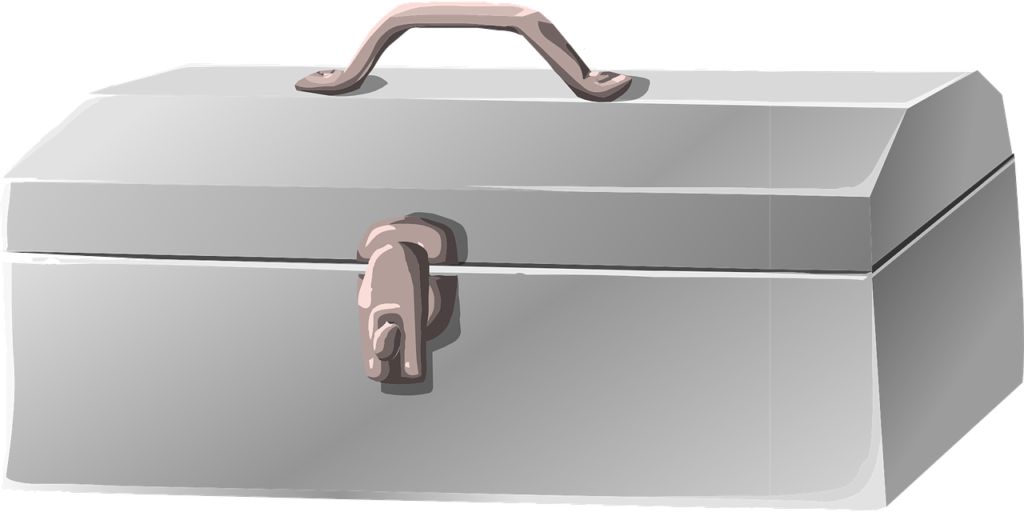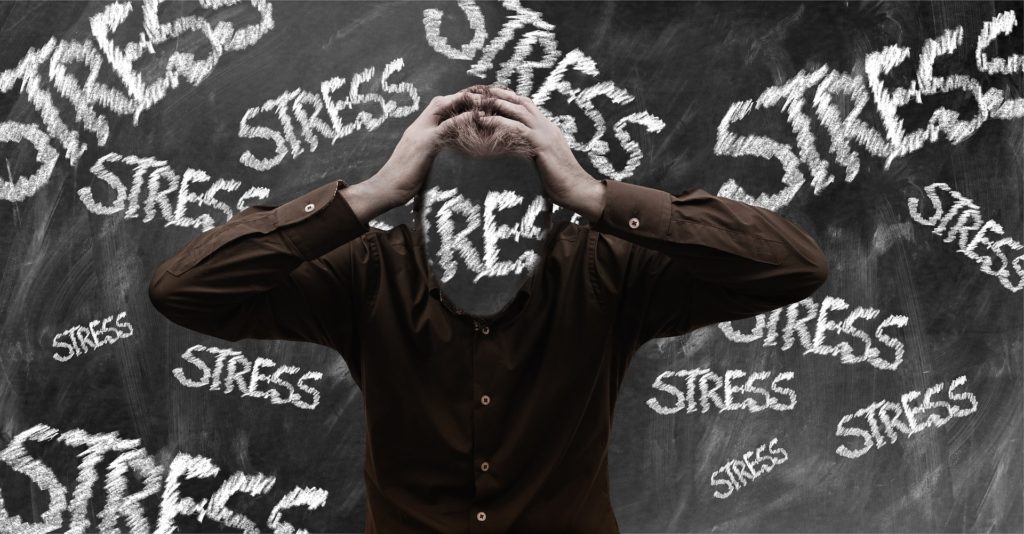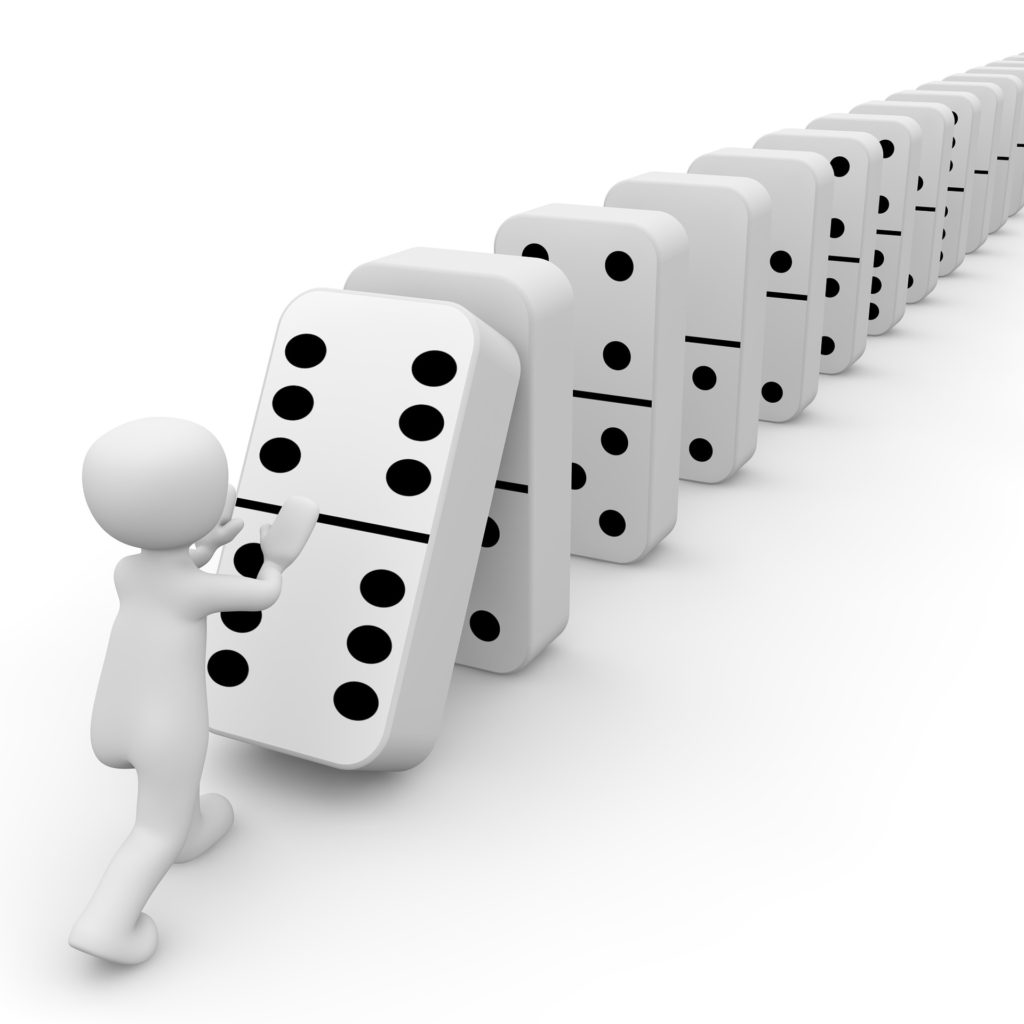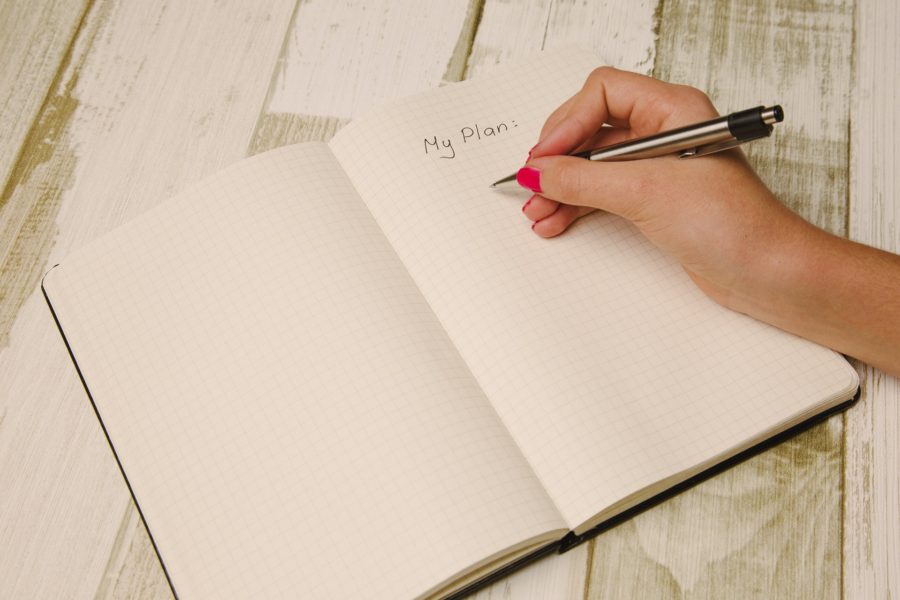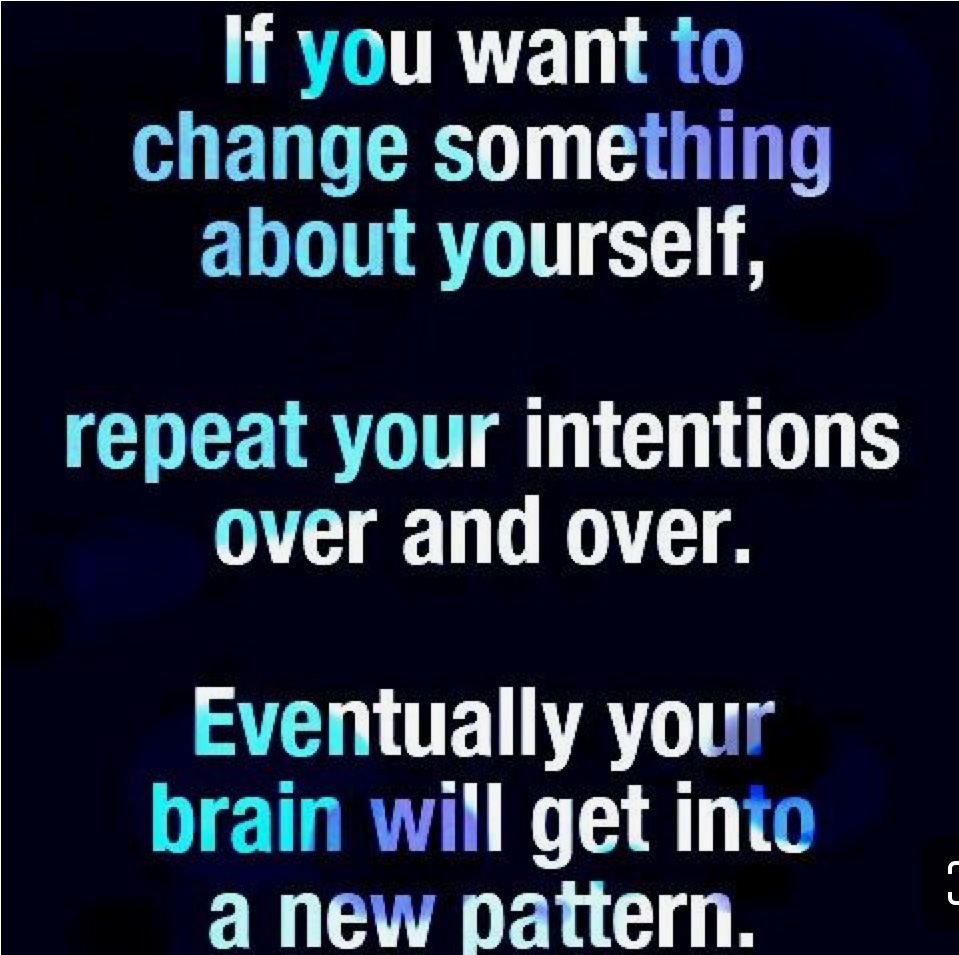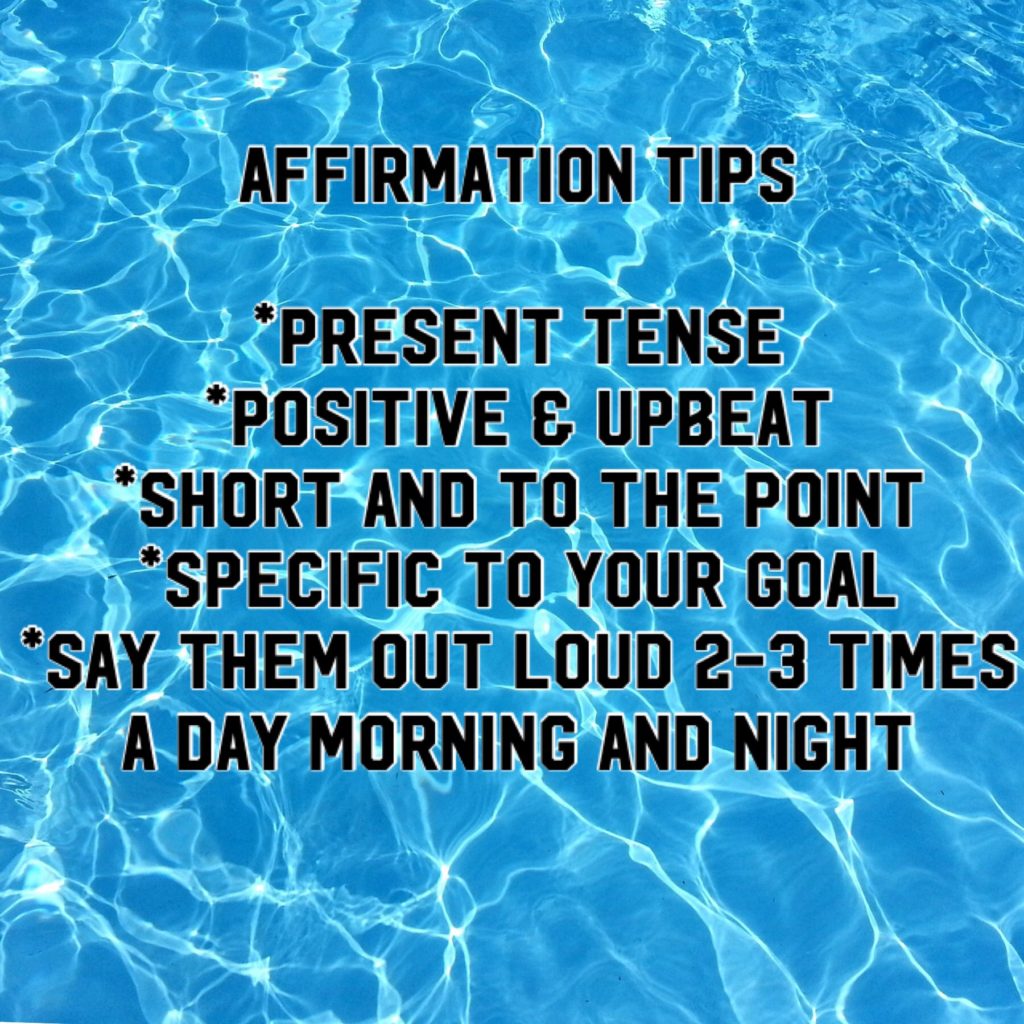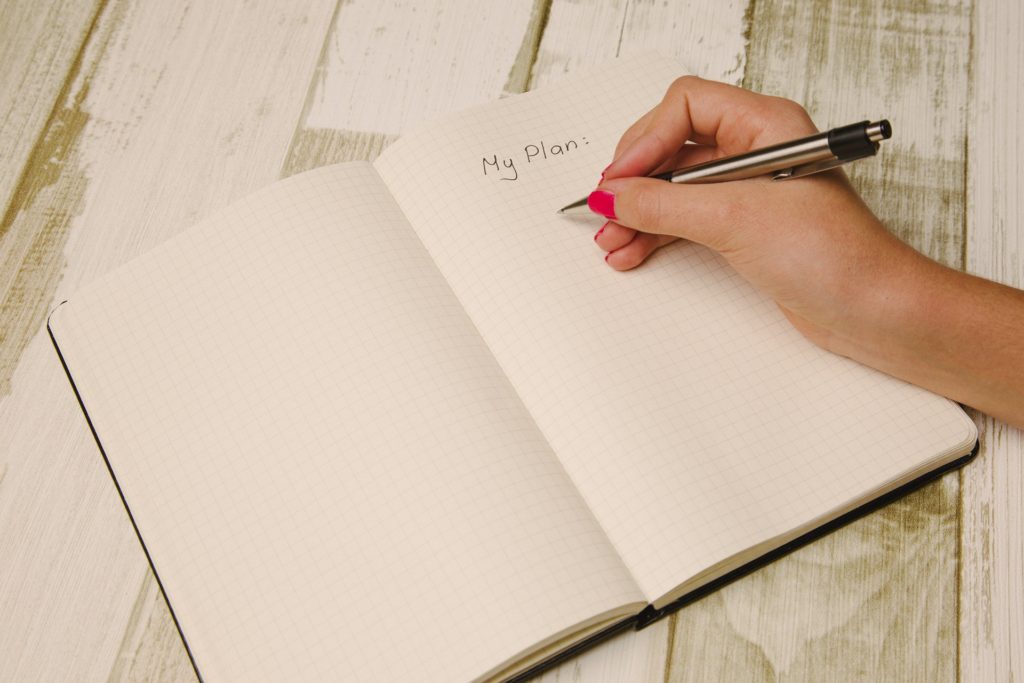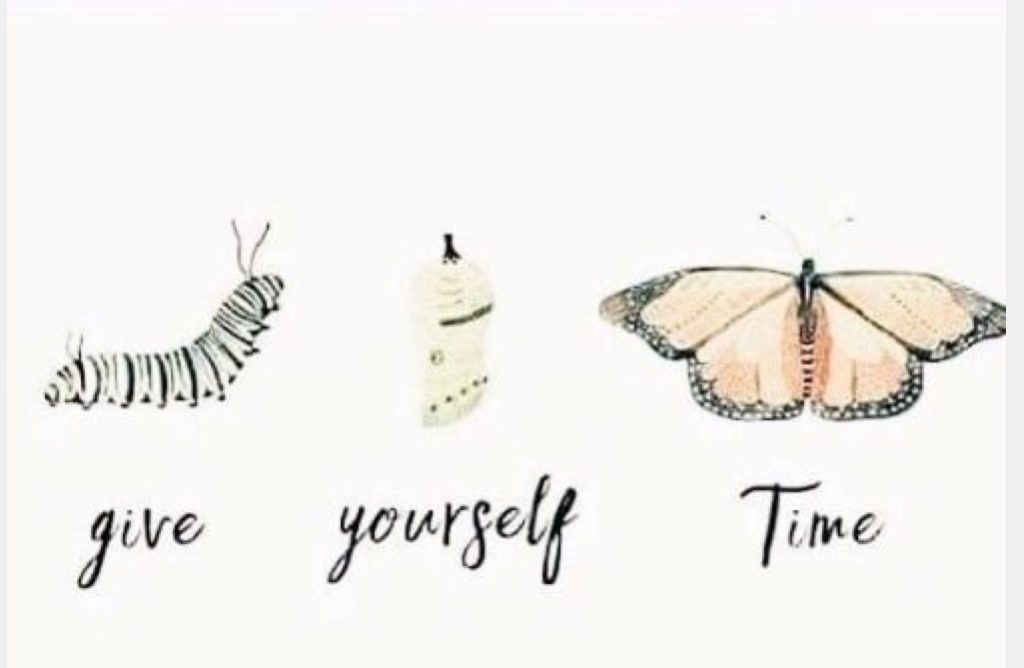
I was never officially tested, evaluated or diagnosed with ADHD/ADD. It simply wasn’t a common diagnosis when I was growing up. Especially when you didn’t have the “H”/Hyper piece of it. I always had trouble remembering new concepts or even things that I was supposed to be doing on a day to day basis. I learned to write lists for reminders, sit closer to the front in class, and keeping a datebook. These helped, but I still got easily distracted. I honestly never even gave it a thought that I might have ADHD. Never.
That is until I took my son to be evaluated for ADHD when he was about 10 years old. We discussed all of his symptoms, behaviors and struggles. We decided to hold off on medication and the psychiatrist suggested that I read a book called, Driven To Distraction, by Edward M. Halloween, MD and John J. Rates, MD. (ADD LINK TO AMAZON). This book had an entire section dedicated to adults who had ADHD/ADD but had gone undiagnosed. There were something like 28 symptoms/behaviors listed and I had all except for 2! I realized that many of my struggles and challenges were most likely caused by this undiagnosed challenge. Since I had this new knowledge and the fact that my son was just diagnosed himself, I started reading and searching for as much knowledge possible. My son, who is now 21, has learned and implemented many techniques and strategies that have helped him to be productive and successful. The two of us discussed what we both feel has helped him become successful and productive an adult. Here are a few of our tops tips.
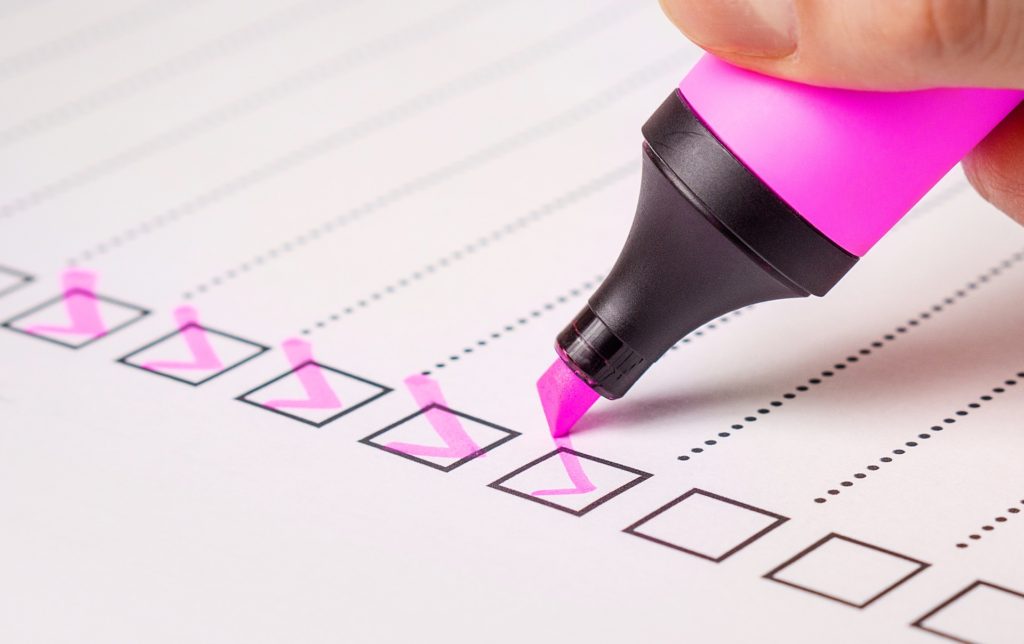
Write lists and more lists for your lists. LOL. I realized in my senior year of high school that if I wrote down what I needed to get done, I had a much better chance of actually remembering to do it. I also received a sense of accomplishment with each one I crossed off. Sometimes those of us who live with ADHD/ADD, can walk around in circles all day and not really get anything done. We just can’t remember what we are supposed to be doing or what we should be doing next. Because of this, I will often have two lists going; one for personal items and one for work items. I taught this skill to my son when he entered middle school. I told him to not just keep track of the things he had to do for school but also outside of school. I suggested he crossed out each item as he completed them. He will be a senior in college in 2 weeks and he still uses his lists.
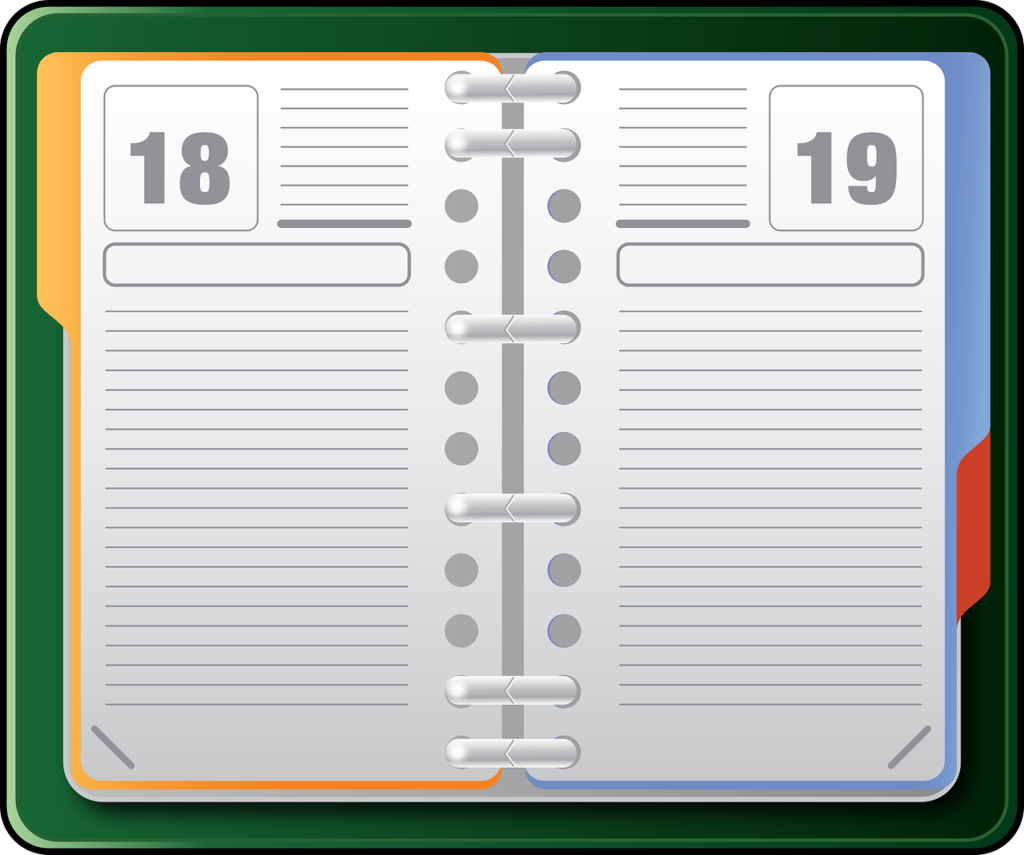
Keep a paper calendar, a wall calendar and a backup in your phone. I know this sounds excessive to the average person. However, if you deal with ADD/ADHD, you truly can’t have too many reminders. I have found that by putting important dates in my phone with a reminder as well as writing them on my paper calendar, helps me to not forget where I need to be and what I need to be doing. I often forget to check my datebook and often ignore my reminders on my phone. Having a back up makes it less likely that I will forget what I’m supposed to be doing or where I’m supposed to be doing it! My son has also learned to have back ups for his important events. Despite being just 21 years old and been raised in the age of technology, he still uses a paper datebook.
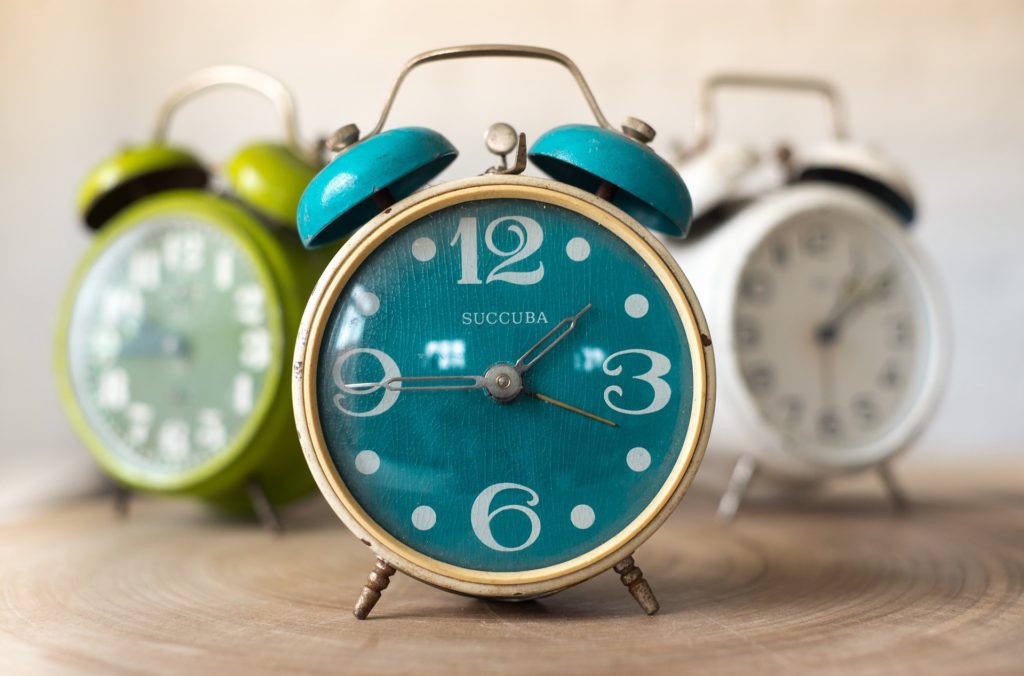
Set alarms for reminders. This is quite easy to do with smart phones. You can set an alarm to go off whenever you need to do anything. I will add a note to my alarms so when it pops up on my phone, I know why it is going off and what I need to be doing at that moment. You can also set an alarm to go off every 20 minutes to take a mental break when you are working or doing something that takes concentration. Often when an individual knows they only have to stay focused for a shorter period of time, it is easier for them to stay focused knowing there is an end in sight. Then, you can take a 5-10 minute break and move around, get a snack or just clear your head. This is a great technique for many of us with ADHD/ADD.
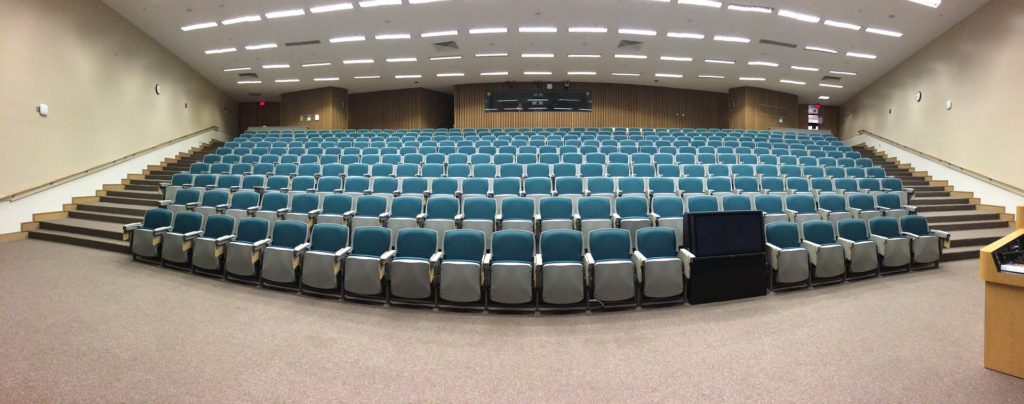
Sit close to the front in class, worship, conferences or other places that you need to pay attention. I know as kids, sitting at the back of the room was where we all wanted to be. I’m not sure how or when the back of the room became know as the “cool” spot to sit, but it just doesn’t work for many of us. It took me a long time to figure this one out, but once I did, it made a huge difference in my learning. When I sit towards the back of a room, all I focus on is whose tag is sticking out, whose hair is messy, what everyone is wearing, etc. There are just too many distractions. When I am in the front two rows, there are less items to distract me from the individual or event that I am there to see. My oldest son began sitting in the front of the class when he was in high school. He also sat away from the door and windows. Those can be big distractions too! All I remember of my 9th grade history class was the school parking lot! I sat and stared out the window whenever I was near them. My point is, find the spot in the room that will have the least amount of distractions for you so that you can stay focused during the event. To be honest, if I was wealthy enough to have front row seats at concerts, I would do that too. Concerts are so distracting with all that people watching!

Do your most difficult tasks first when your mind is sharpest. When my oldest son started high school, I taught him this trick. He does not like math classes. It has always been his least favorite subject and a thorn in his side. So much so, that he had a party in college when he completed his last math class he ever needed to take!! So, I encouraged him to start his homework by doing his math homework first. When we start with the hardest task or the task we enjoy the least, we will have more energy and our minds are sharper, therefore, we can tackle our toughest tasks first and get them completed. It seems to be our nature to procrastinate with the activities that we don’t enjoy and push them off until the end of our list. Instead of confronting them, we avoid them. Eventually, we have to complete them and we just end up doing it at the end when we are exhausted and worn down. When our minds are exhausted from already working, then we have even a more difficult time focusing than we normally do. So, next time you have a list of tasks to complete, start with the most difficult tasks first and get them out of the way!

I’m sure many of you have other great tips and techniques that you use. I would love to hear them. Whether you take medication or not for your ADHD/ADD, most of us still need to have techniques we can use in order to help us get through our days at work, school or just regular life events. I am a big believer on knowing what helps you and what doesn’t help. We need to be our own best and strongest advocate. As parents, we need to be advocates for our children and help them figure out what works for them. Then, we need to teach them how to advocate for themselves. This will make life easier for everyone.

